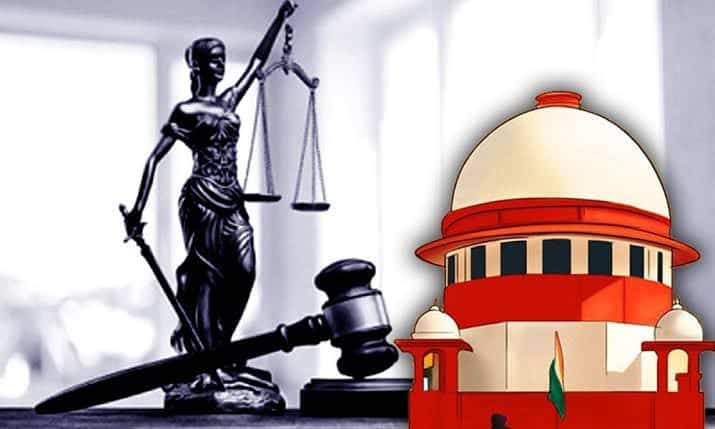
Duties and Power of Executing Court
Introduction
In the realm of civil litigation, the process of execution of decrees holds paramount importance. Once a decree is passed by a court, ensuring its effective enforcement becomes crucial for the administration of justice. This responsibility primarily falls upon the Executing Court, which plays a pivotal role in executing decrees and orders issued by competent authorities.
Role of Executing Court in Civil Procedure Code (CPC)
The Civil Procedure Code (CPC) lays down the framework governing civil litigation in India. It delineates the duties and powers of the Executing Court concerning the enforcement of decrees and orders. Section 36 of the CPC confers authority upon the Executing Court to execute decrees, orders, and sentences passed by civil courts.
Duties of Executing Court
One of the primary duties of the Executing Court is to ensure the prompt and effective execution of decrees and orders. This encompasses various tasks, including the attachment and sale of property, arrest of judgment debtors, and other measures aimed at enforcing the decree. The Executing Court is entrusted with the responsibility of implementing the directives contained within the decree in a judicious manner.
Interpretation and Clarification
The Executing Court also plays a crucial role in interpreting and clarifying the terms of the decree, particularly in cases where ambiguity or confusion arises regarding its execution. It is empowered to issue necessary directions and instructions to facilitate the smooth execution of the decree, ensuring that the rights of the decree-holder are protected while upholding the principles of natural justice.
Discretionary Powers
In the exercise of its duties, the Executing Court possesses discretionary powers to adopt suitable measures for the enforcement of the decree. This includes the authority to grant stay orders, injunctions, and other interim reliefs as deemed necessary to prevent prejudice or injustice to either party. Such discretionary powers are wielded by the court judiciously, taking into account the merits of each case and the equitable principles underlying the enforcement of decrees.
Judgment Debtors’ Obligations
Furthermore, the Executing Court imposes certain obligations on judgment debtors to comply with the terms of the decree. Failure to adhere to these obligations may result in punitive measures, including attachment of property or even arrest, as prescribed under the law. The Executing Court ensures that judgment debtors fulfill their obligations in a timely manner, thereby upholding the sanctity of judicial decrees.
Discharge and Satisfaction of Decrees
Upon compliance with the terms of the decree, the Executing Court is responsible for issuing orders for the discharge and satisfaction of the decree. This marks the culmination of the execution process, signifying the fulfillment of the decree-holder’s rights and the conclusion of the litigation. The Executing Court ensures that the decree-holder receives due recompense for the adjudicated claim, thereby promoting the principles of justice and equity.
Appeals and Review
In matters pertaining to execution proceedings, parties aggrieved by the orders of the Executing Court have the right to seek recourse through appeals and review petitions. The Executing Court entertains such appeals and petitions in accordance with the procedural requirements laid down under the CPC, thereby providing an avenue for redressal of grievances and ensuring the principles of due process are upheld.
Conclusion
In essence, the Executing Court serves as the linchpin of the execution process under the Civil Procedure Code, wielding significant powers and responsibilities to ensure the enforcement of decrees and orders issued by civil courts. Through its diligent efforts and judicious exercise of discretion, the Executing Court upholds the rule of law, protects the rights of litigants, and fosters the administration of justice in the civil justice system.


